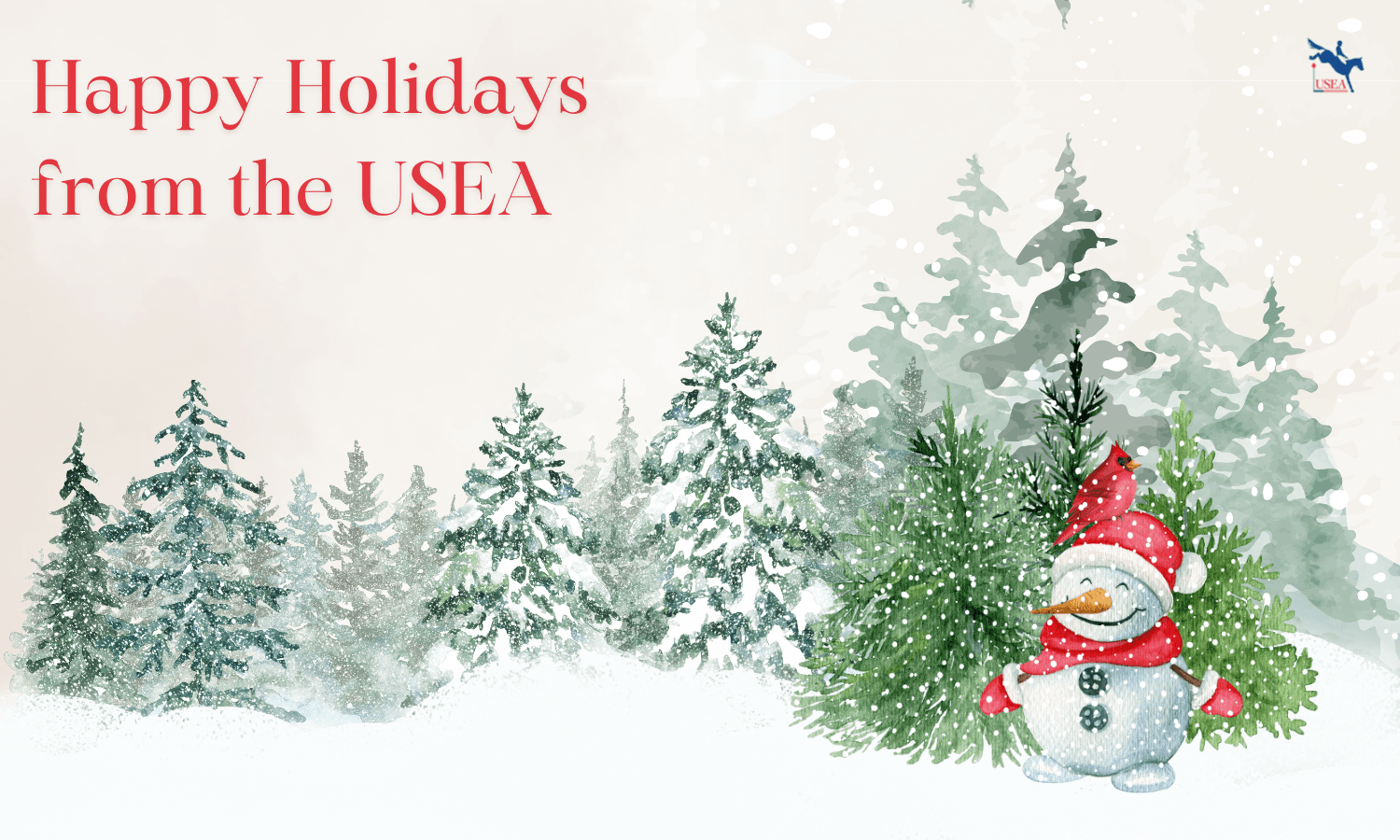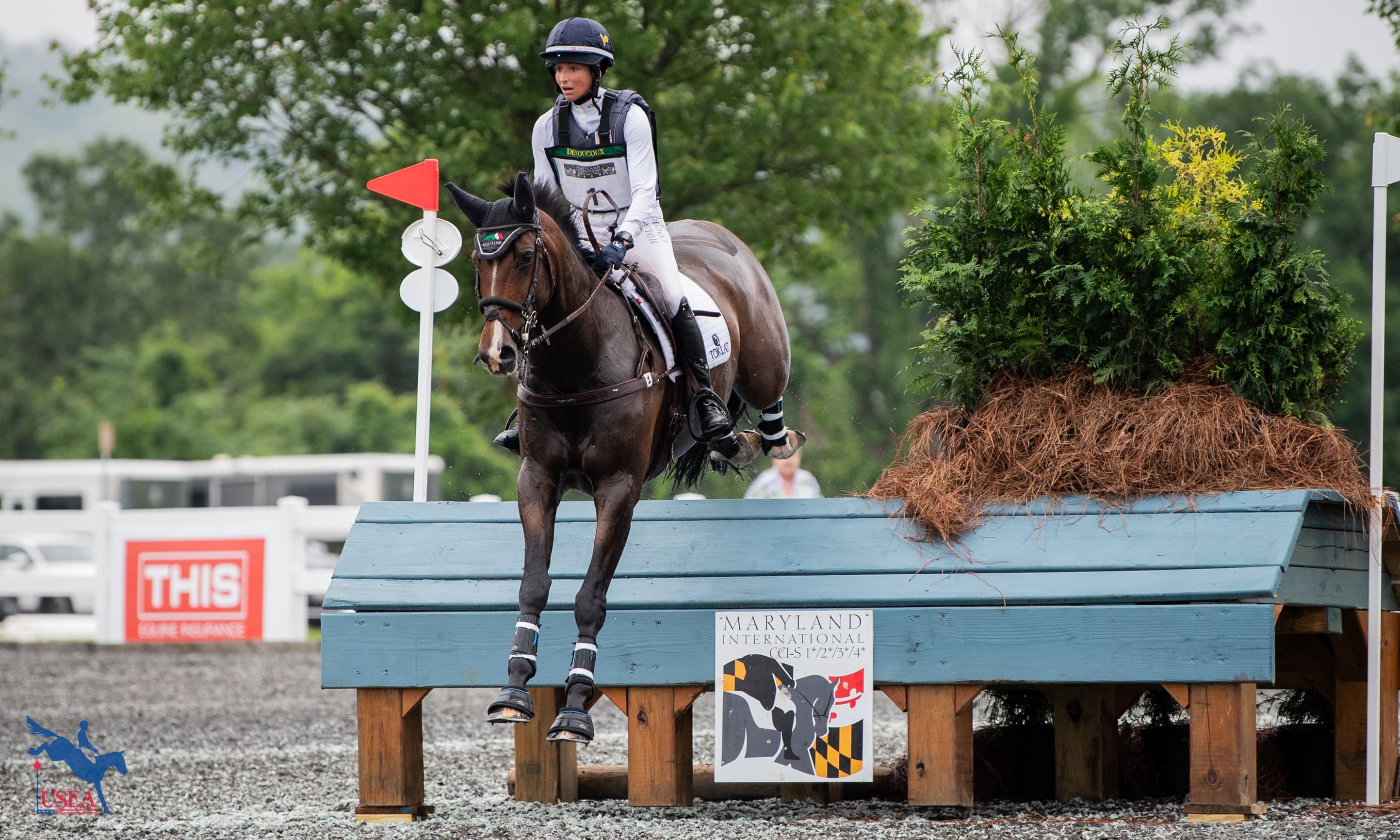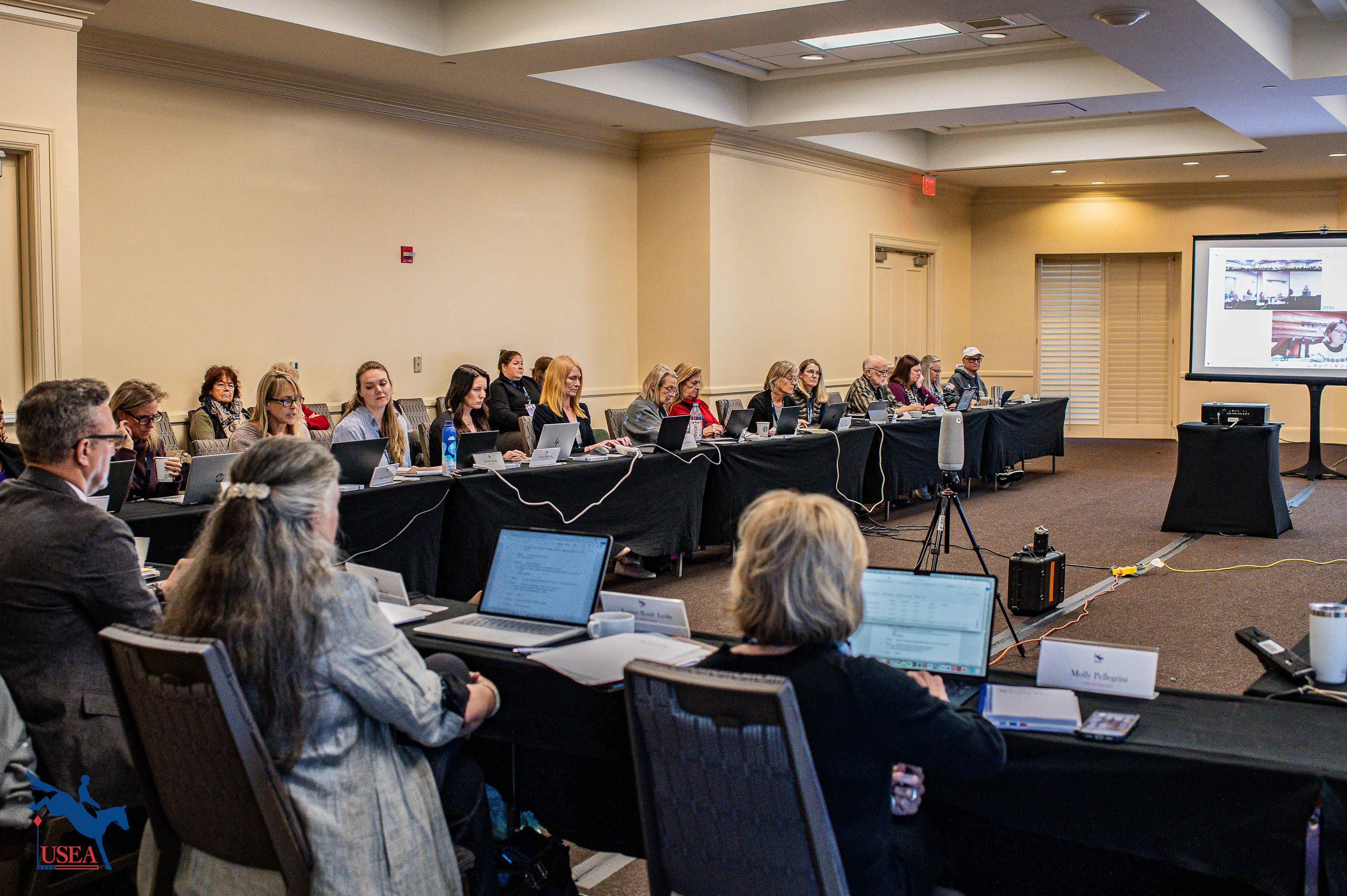Now On Course: Grieving Through the Rehab Process
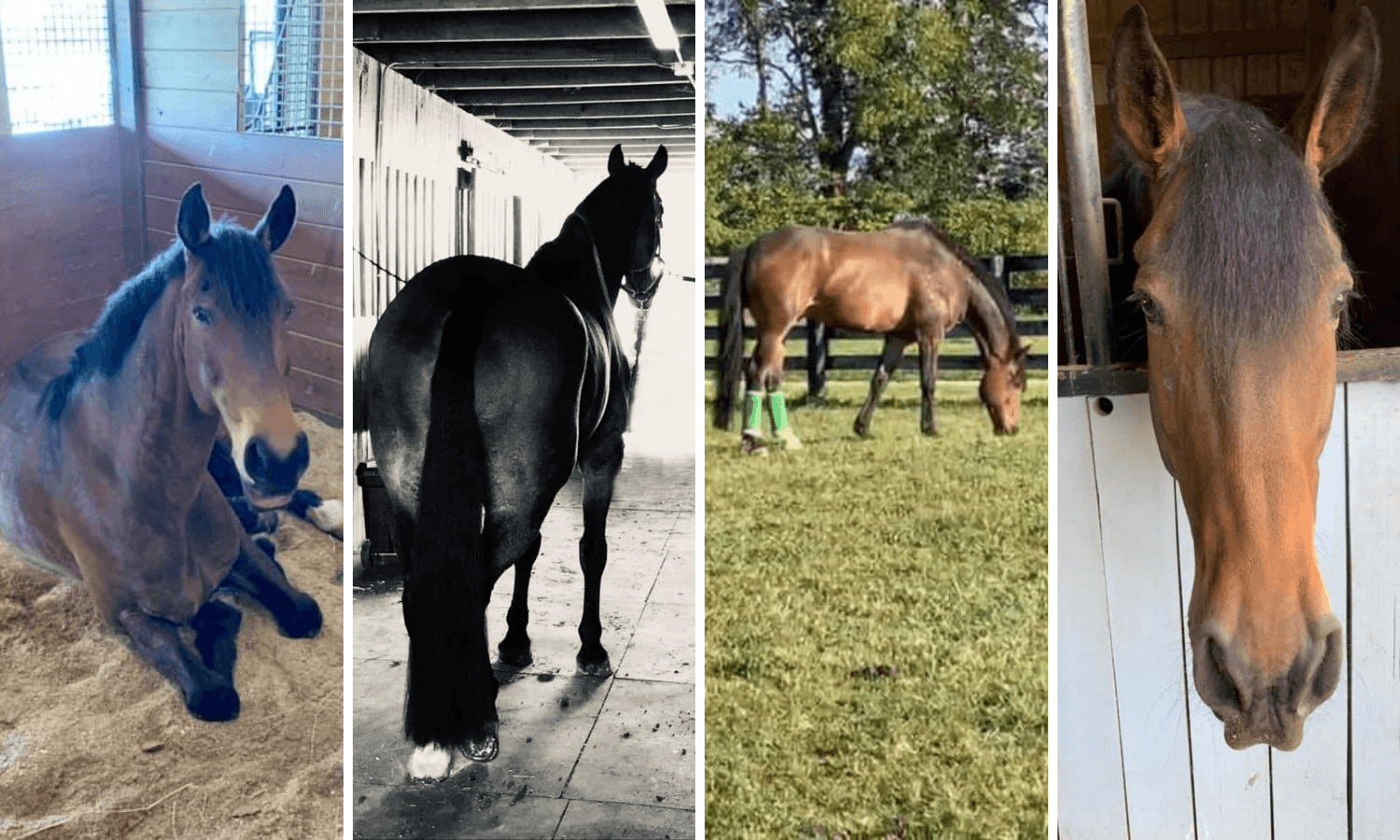
My heart horse Fifth Avenue, aka Barney, injured his right hind deep digital flexor tendon in September 2020 (cause known) and he has been in rehab ever since. After 20 years of horse ownership, I finally had to deal with my first horse rehab situation and I’ve learned a lot from it. In addition to horse rehab, I also learned a lot about grief and how it impacts my day-to-day life.
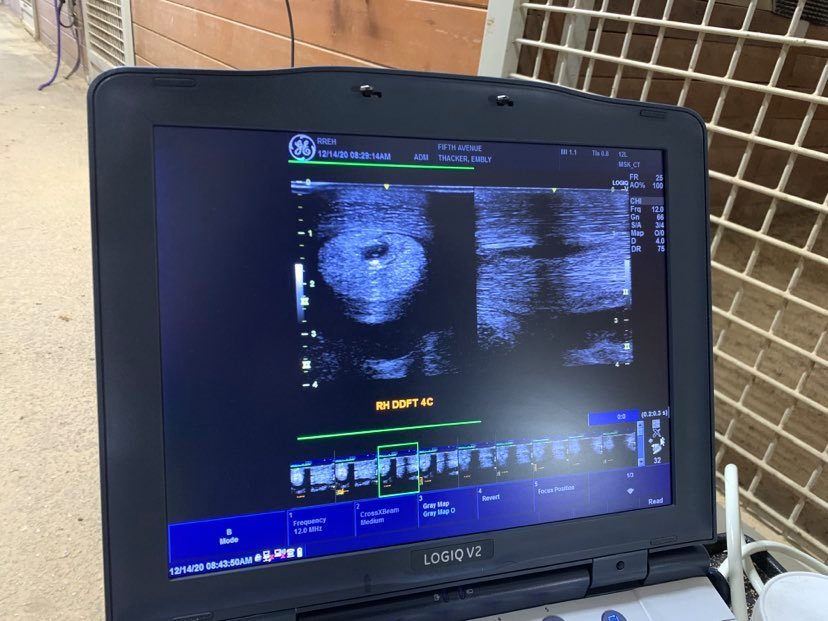
According to Wikipedia, grief is defined as “the response to loss, particularly to the loss of someone or some living thing that has died, to which a bond or affection was formed.” Despite the fact that Barney did not die, I still ended up dealing with a good deal of grief having lost the ability to ride my heart horse, my main way to bond with my friend group, my basic form of physical activity, my number one stress reliever and distraction from work, and even a bit of my identity. With this loss, I experienced the five stages of grief – denial, anger, bargaining, depression, acceptance – in addition to a good amount of stress and anxiety over the last year.
Denial: Because Barney was sound during his first few months of rehab, I was optimistic that he would heal quickly and be back to riding in no time. Barney and I were entered in several Fall shows last year and I held on to the entries convinced that we would be back to riding in a matter of days or weeks, not months or years. I was in denial, or at least naive, regarding the seriousness of Barney’s injury and prognosis.
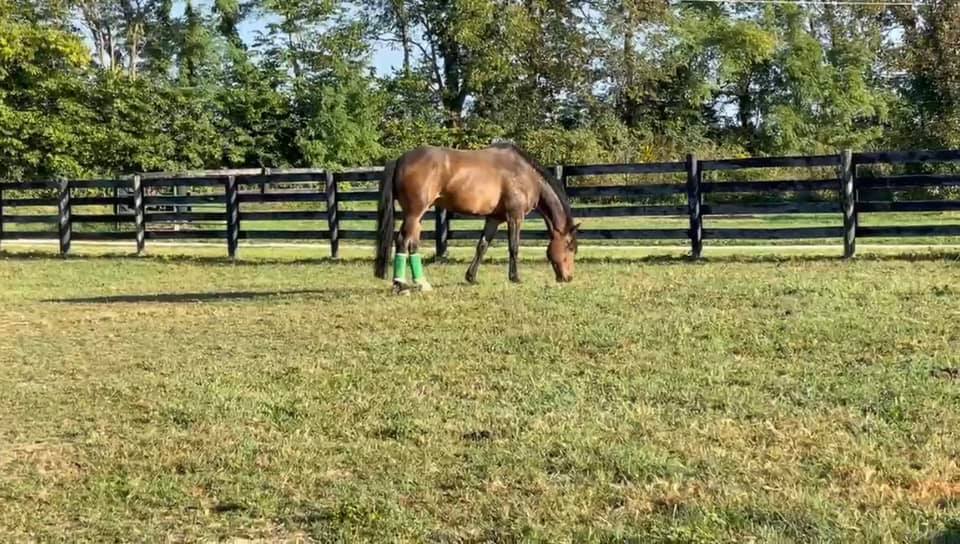
Anger: After the denial came the anger. I was angry at the show barn that kicked Barney out 48 hours after his diagnosis. I was angry at the podiatrist who changed Barney’s shoeing angles too quickly in the middle of rehab. I was mad at the rain that caused Barney to be locked in a stall for days at a time to keep him from slipping in the mud. I was frustrated with the never-ending vet bills, rehab bills, and podiatry bills that never seemed to coincide with progress or good news. I was angry about all the things I was missing – the time in the saddle, the shows, the trail rides, and Florida trip, and time with friends. I had a lot of anger, but I did my best to hide it from people so as not to alienate myself further.
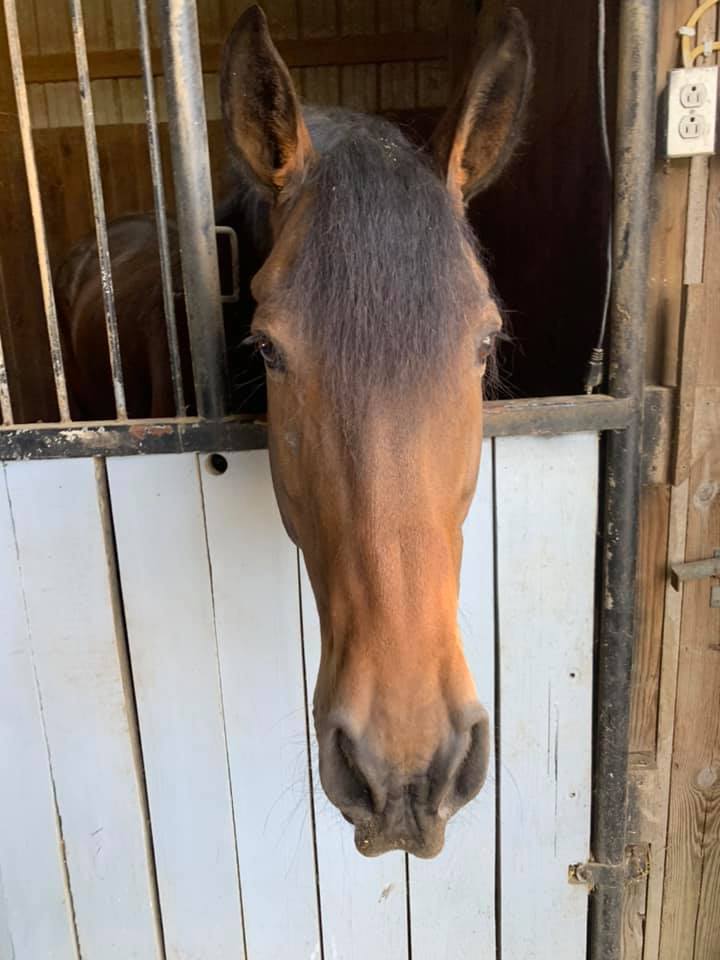
Bargaining: Sometime in January I realized that Barney wouldn’t be healed any time soon and I didn’t want to miss an entire year of riding. I bargained with myself that if I could lease a horse to ride until Barney got better then I wouldn’t miss out on so much. I bargained that if I focused on the excitement of riding a new horse, I could bury the grief that I felt from Barney’s injury. Unfortunately, my plans for bargaining backfired and only resulted in further fueling my sadness, anger, and depression. A failed lease trial in January, a catastrophic event in March, an ended lease in May, a failed pre-purchase trial in June, and another failed match in September left me wondering if any of this is worth the time, the money, or the heartache.
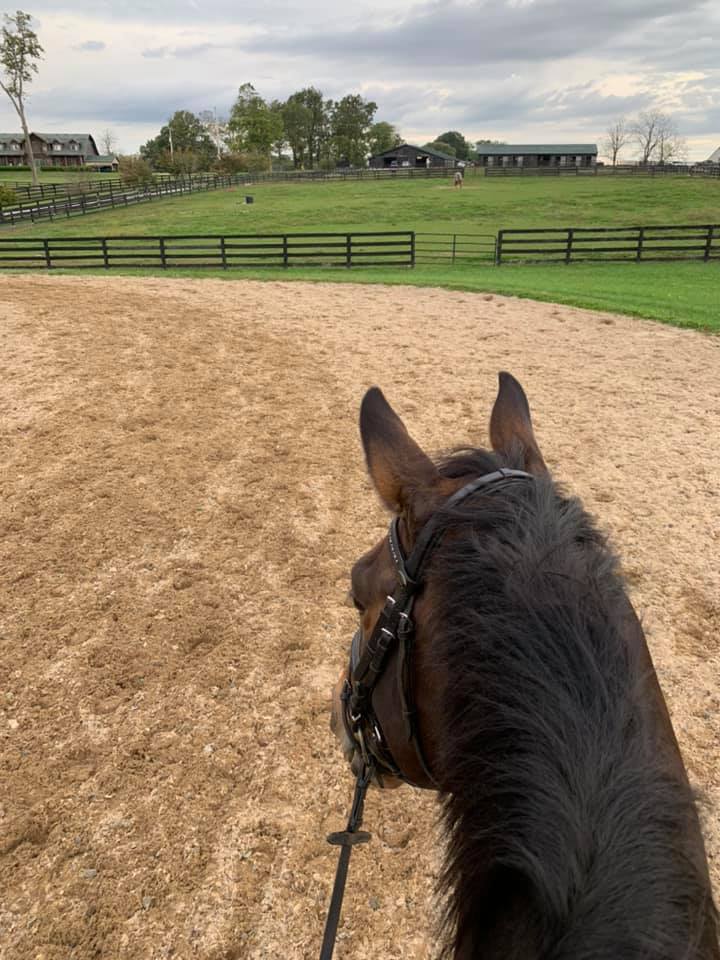
Depression: The fourth stage of grief, depression, has consumed most of my year. Most days I feel like my life is covered in a dense fog and I’m frozen in my tracks and unable to move. My energy has been spent and my desire to act or react is gone. I go through the motions of putting in long hours at work, but I have a hard time mustering up the energy to do much other than eat, sleep, and work most days. Anyone who knows me will describe me as goal-oriented, action-focused, and always on the move so this is a complete 180 from my “normal” self. I try to find joy in meeting friends for a drink or borrowing a friend’s horse to hack, but those opportunities are fleeting and just as quickly I fall back into depression.
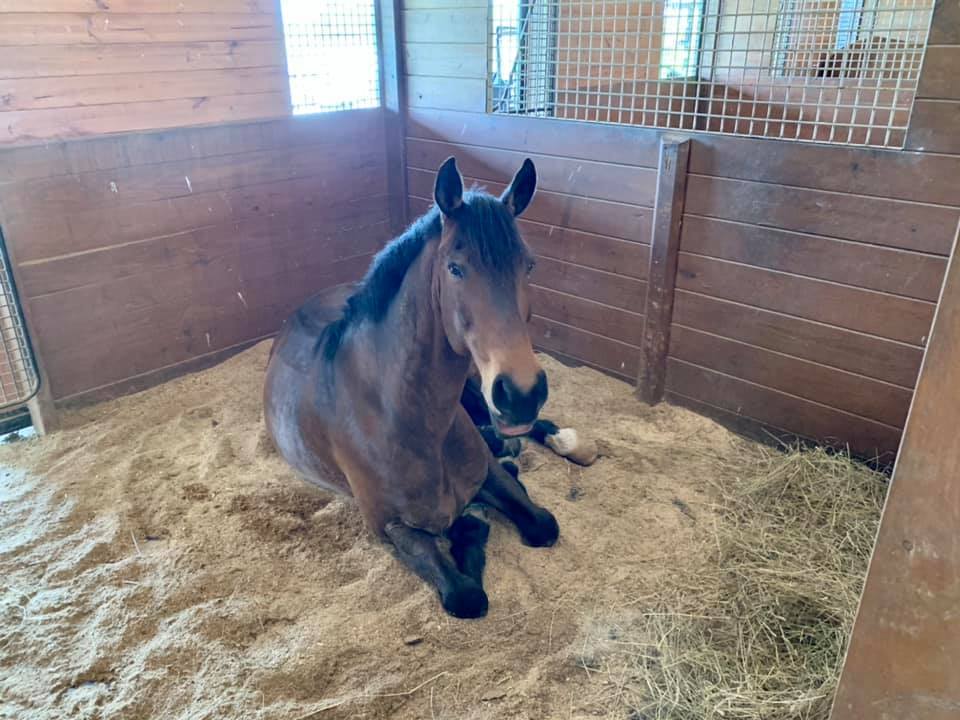
Acceptance: In the last 30 days my husband and I made the spontaneous decision to buy a horse farm. I feel like this was a big step in accepting Barney’s prognosis. At 13 years old, it is safe to assume that Barney will need a place to safely live out the next 15-20 years of his life and that boarding is impractical. I told myself that having Barney in my backyard for me to groom and snuggle and spoil every day would help heal my heart. All of those things are true, but part of me also wonders if I bought a horse farm so that I wouldn’t quit horses entirely. So that I wouldn’t let my depression swallow me up and hide me from the equestrian life which I love. So that the last year of grief doesn’t erase the 20+ years of happiness that horses have given me.
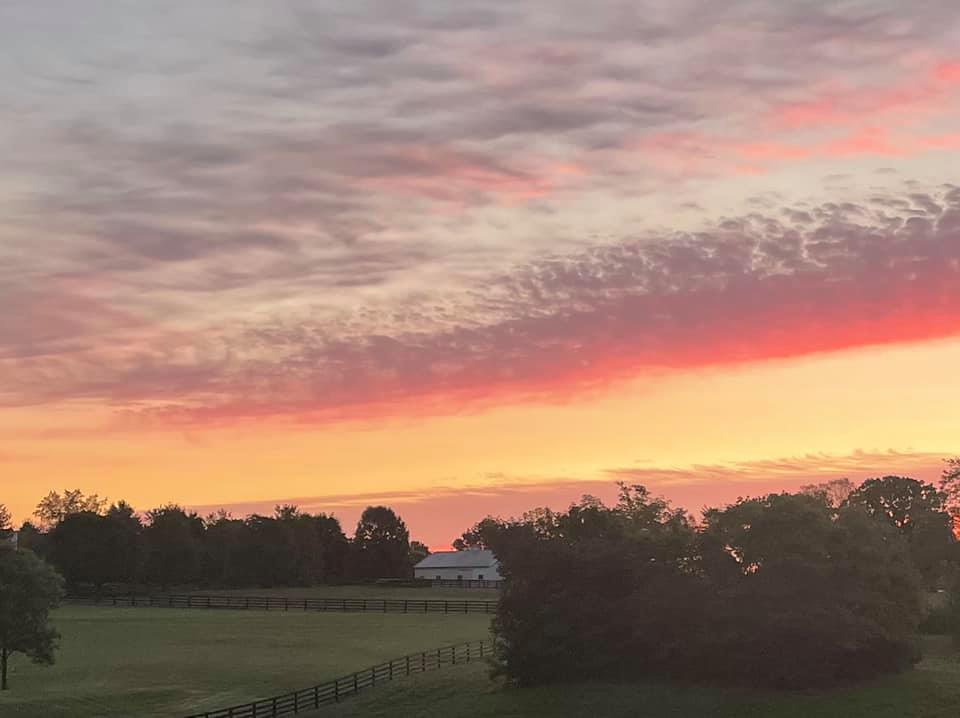
I must admit that I don’t fully feel like I’ve conquered my grief yet. I expect that I will continue to cycle through the various stages of grief for a while longer but I hope that it starts to fade over time and get replaced with peace, hope, pride, and joy. In the meantime, I will be busy setting up my new farm, feeding Barney peppermints over the backyard fence, living vicariously through my equestrian friends, and looking for my next riding partner.
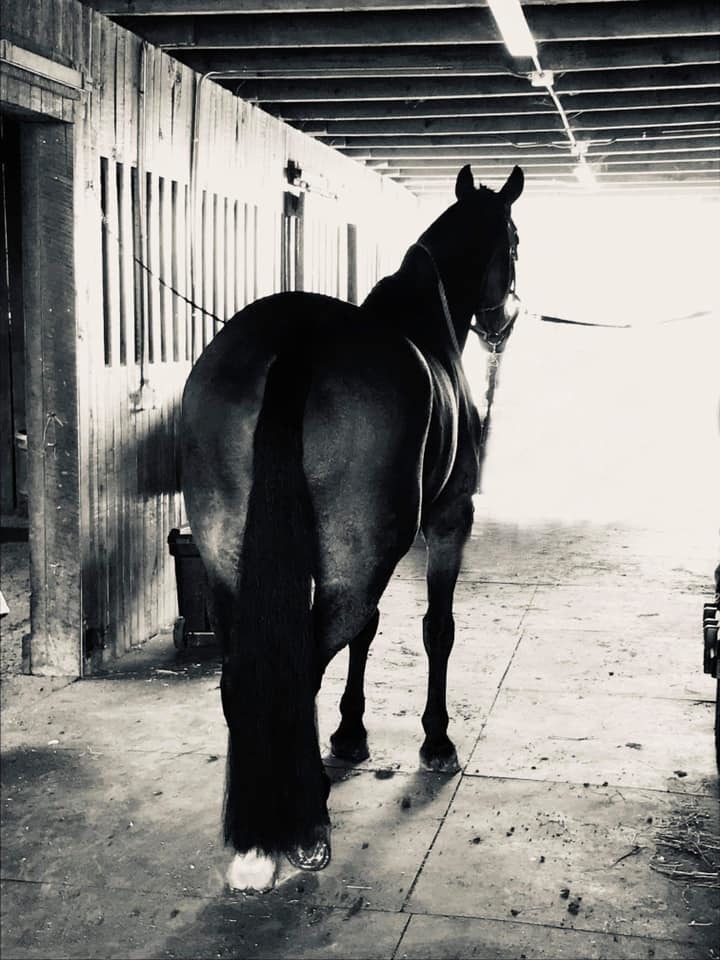
The USEA is made up of over 12,000 members, each with their own special horses and experiences. The USEA's Now on Course series highlights the many unique stories of our membership. Do you and your horse have a tale to tell? Do you know someone who deserves recognition? Submit your story to Meagan DeLisle to be featured.

